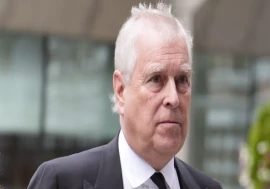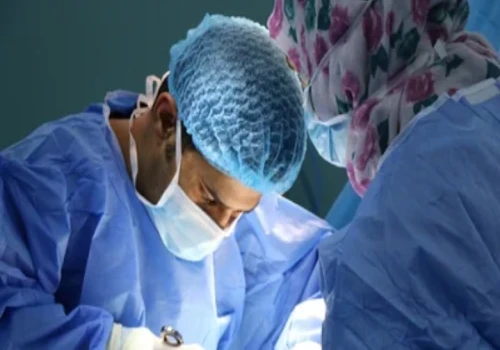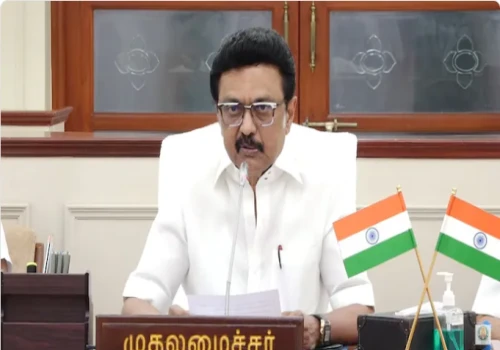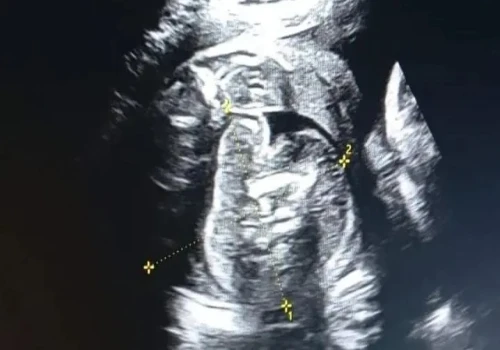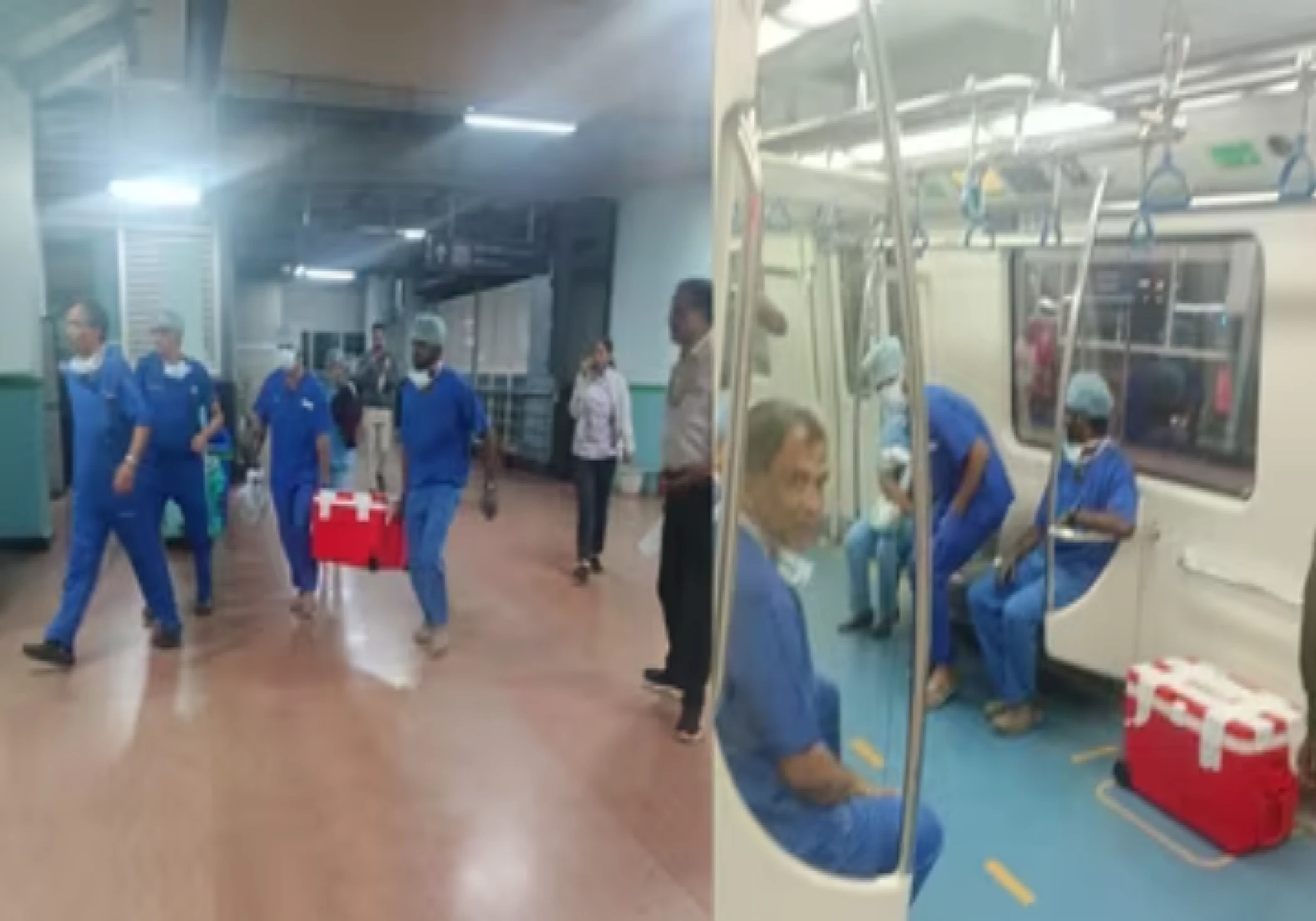
In a race against time, Bengaluru Metro successfully transported a live human heart across the city, showcasing how urban infrastructure can become a lifeline in critical medical emergencies.
The Metro train played an unexpected yet heroic role by carrying the vital organ through traffic-free tracks, ensuring it reached the hospital within the crucial time window for transplant surgery.
Authorities and medical staff coordinated seamlessly with the Metro Rail Corporation to execute this operation. The heart, airlifted from another city, arrived at Kempegowda International Airport and was swiftly transferred to the Metro for the next leg of the journey. The Metro’s quick and uninterrupted route cut down the usual road travel time by more than half, proving essential in saving the patient’s life.
BMRCL officials later confirmed that the special operation was conducted with utmost priority, pausing regular services momentarily to ensure no delay occurred. This rare yet inspiring collaboration between healthcare and public transport systems highlights how city infrastructure can play a vital role in medical emergencies, especially in densely populated metropolitan areas like Bengaluru.
Doctors praised the initiative, stating that such rapid response systems could revolutionize organ transplant logistics in India. Citizens, too, lauded the Metro’s role on social media, calling it an “act of humanity on tracks.”

